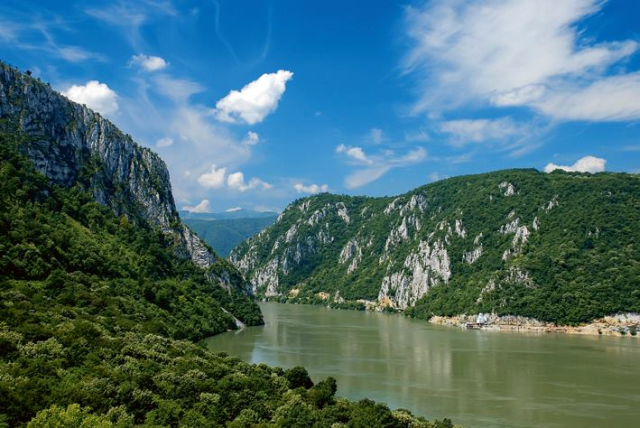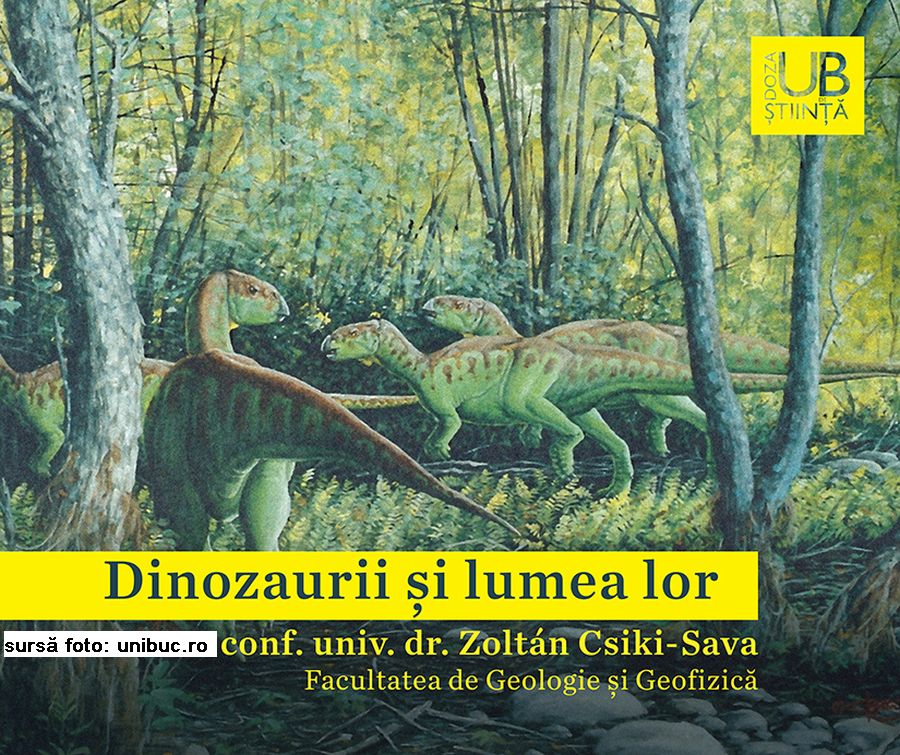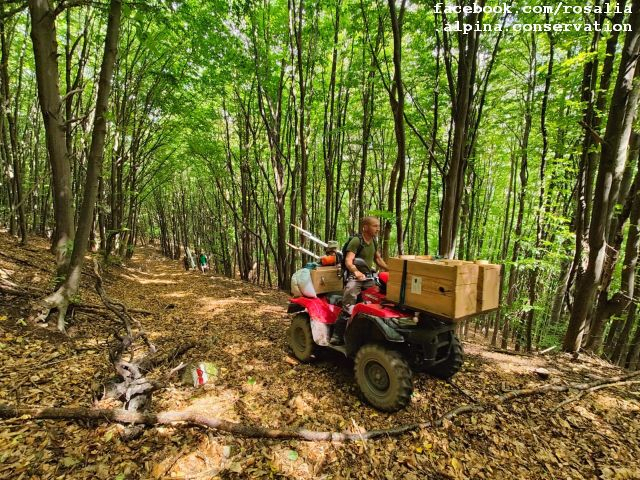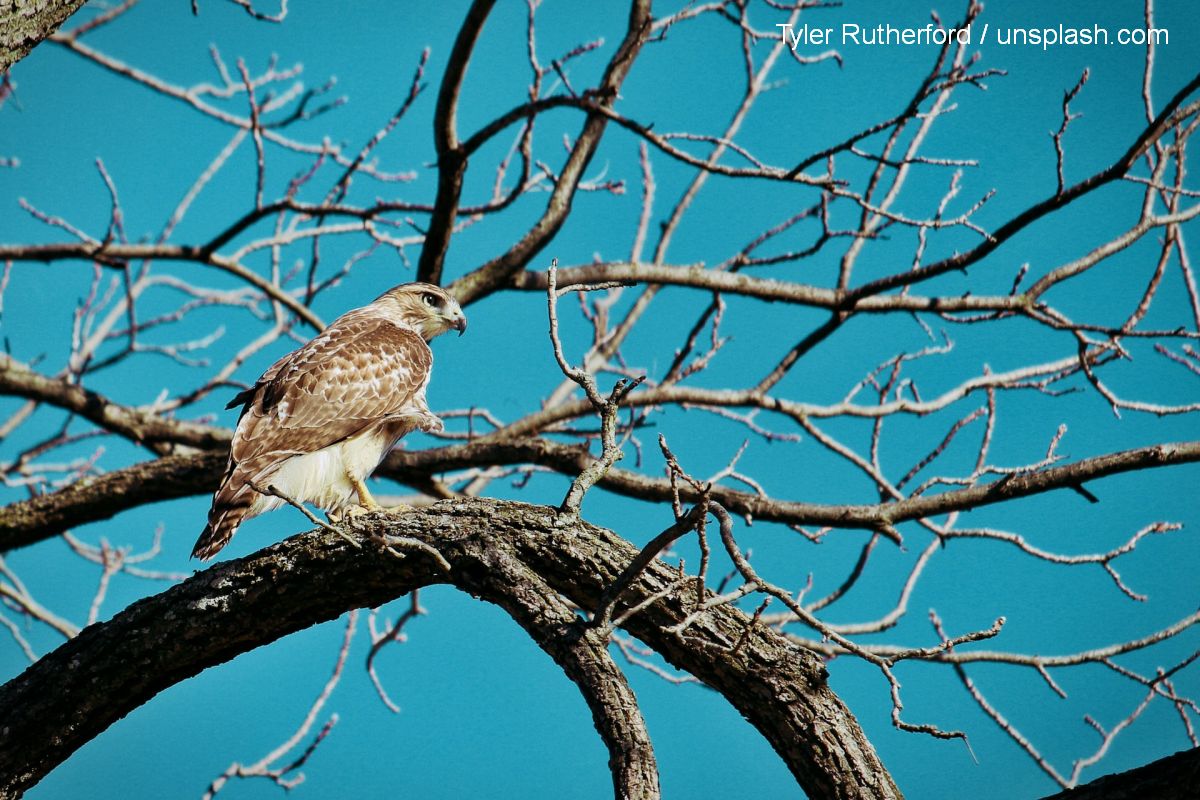Eco-projects in schools
In the past years, more and more schools in Romania have been implementing environmental education programs. Under such programs children are taught how to protect nature, by recycling, collecting waste, planting trees, and by protecting biodiversity.

România Internațional, 30.05.2014, 12:30
One such program is the one implemented by the “Schools for a Green Future” Association together with the Ministry of National Education, the Environment Ministry and the Geographical Society of Romania. They are these days organizing the 4th edition of the biggest national environmental education competition called “Schools for a Green Future — Nature Reserves”. Over 1,300 green teams from across the country have registered for the competition, in which they will participate with green projects covering certain protected areas in Romania.
“Educating on the Sustainable and Responsible Management of World Forests” is a European project, implemented in 19 European cities within the May 2014-April 2014 timeframe. Under this project, some 200 Romanian pupils participated in courses in forest protection and another 15 hundred were involved in various other activities carried out in the cities participating in the project. Some 13 million hectares of forest, which means the equivalent of half of Romania’s territory, disappear every year at global level, at a pace that makes the sustainable management of forests rather impossible, thus threatening the Earth’s natural balance. Against this background, the goal of the project was to mobilize people and have them get involved in sustainable management activities and raise awareness of how important a responsible use of forest resources is.
Lavinia Andrei, president of the “Terra 3rd Millennium” Foundation, one of the organizations that run the projects, has more details: “Under an EU program called ‘EuropeAid’, together with two other Romanian organizations and six from Italy, Spain, Poland and Malta, we ran a very beautiful project, in which children from all these countries learnt about how important forests are and the benefits they bring. Also they learnt about various customs and traditions from other countries, including developing countries. It was an extremely interesting project, because it involved many schools, pupils, teachers. It was particularly interesting that besides the regular lecturing in class, we organized an exhibition of world forests. It was actually a multi-media exhibition, with sound, videos from certain areas, presenting local customs and the way in which forests are exploited in certain countries or the ways in which people fight against the abusive exploitation of forests. Another component was devoted to the sustainable use of wooden products. In this respect, we promote the component of eco or green procurement, as this would be a solution to reducing the level of carbon dioxide emissions and also reduce the negative impact on natural resources.”
The project also included two European contests under the heading: “Get involved, save the forest”, involving the participation of secondary and high-school pupils from Romania, Italy, Malta, Spain and Poland.
Hundreds of 1st to 8th graders from across the country are expected to participate in the national competition called “The Black Sea Box”, launched by WWF Romania. The Black Sea Box is actually an educational kit, covering five chapters of Black Sea history and geography, and including among other things problems and solutions to protecting the Black Sea ecosystems. The project was launched in January as a tool for the teachers who are trying to train generations of young people responsible for and aware of the environment.
Catalina Murariu, Coordinator of WWF Romania’s Education for Sustainable Development project has further details: “The contest is actually an invitation and a challenge, for entire classes of pupils to develop mini-projects on the Black Sea, and an opportunity for them to test their creative skills. There are many types of projects they can develop, from lecturing in class with the help of interactive and multi-media tools, school exhibitions and information campaigns, all about the Black Sea. Therefore, it can be any type of activity that is connected one way or the other with the Black Sea, but, at the same time, these projects are supposed to encourage a deeper understanding of the Black Sea and of peoples’ concern or, on the contrary, lack of interest in the Black Sea. So, pupils make a proposal, they test what they know about the Black Sea, and they get to learn and have fun, while at the same time participating in a competition.”
The winners of the contest get prizes that are meant to bring the education process further. The grand prize will be an advanced digital microscope, for the entire class to be able to better study images. Also, pupils will get Black Sea atlases and teachers will get certifications. The Black Sea Box is an international project initiated by WWF Turkey and implemented by all the countries in the Black Sea basin.






























